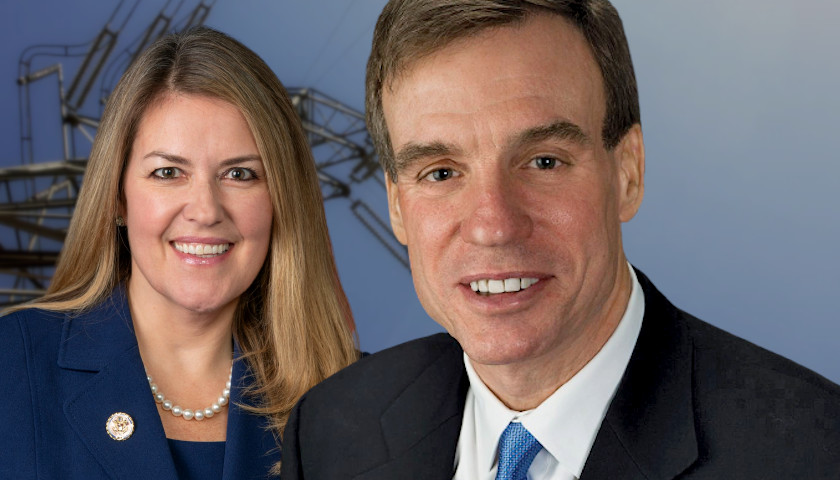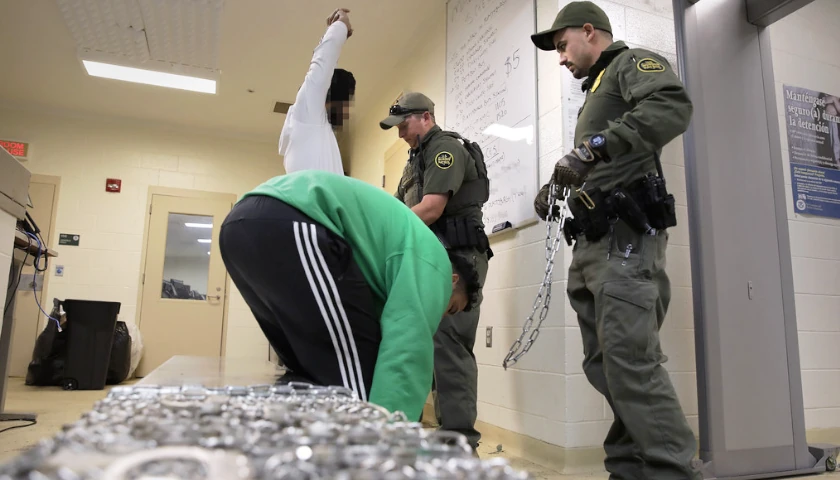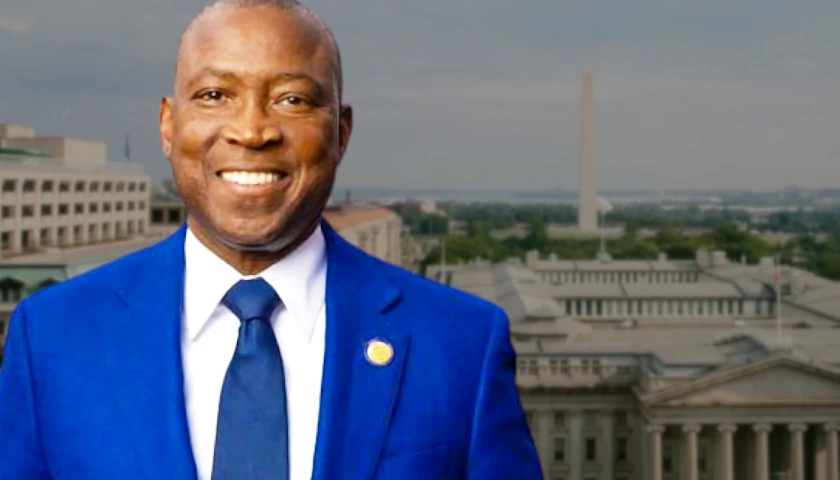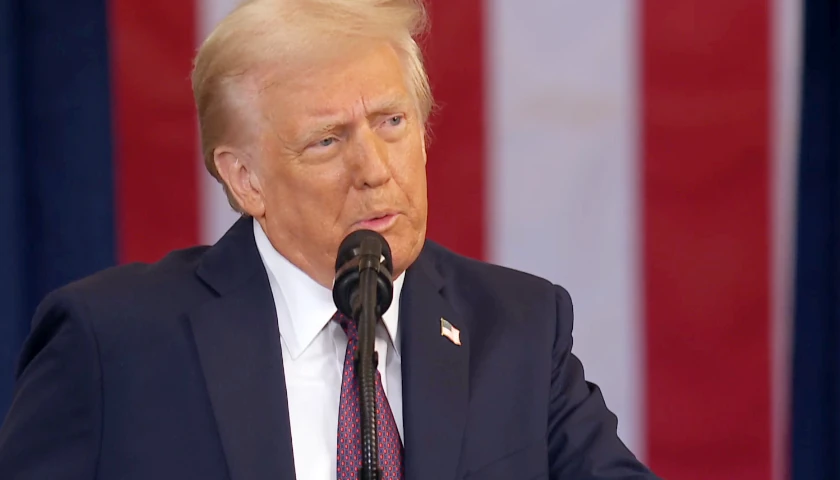Senator Mark Warner (D-Virginia) and Congresswoman Jennifer Wexton (D-VA-10) made two stops in northern Virginia on Friday and Monday discussing impacts of COVID-19 and financial opportunities from federal relief.
On Friday, Warner, Wexton, and FCC acting Chairwoman Jessica Rosenworcel met local leaders and the Loudoun Broadband Alliance in Ashburn to highlight the importance of using relief funds to expand broadband coverage. On Monday, Warner, Wexton, U.S. Secretary of Commerce Gina Raimondo, and Manassas City Mayor Michelle Davis-Younger met with women small business owners in Manassas.
Warner’s Press Secretary Nelly Decker told The Virginia Star that Warner, Wexton, and Raimondo discussed the impact of COVID-19 on the women small business owners. Warner discussed financial programs available to small businesses including the State Small Business Credit Initiative (SSBCI), and the Paycheck Protection Program (PPP), both of which received new funds from the American Rescue Plan. Virginia will receive $188 million in the SSBCI according to preliminary allocations.
“As you know, between February and May of 2020, the number of women business owners dropped by 16 percent, contributing to the nearly 2 million women who have been forced out of the workforce due to COVID-19. In addition, we already know that minority business owners face significant barriers in accessing credit and economic opportunity,” Decker said.
“I want to thank @SecRaimondo for coming to Manassas for a roundtable with #VA10 women small biz owners. Small businesses are the lifeblood of our district—I’ve helped deliver relief through the PPP program & the American Rescue Plan,” Wexton tweeted Monday. “We’re working together to #BuildBackBetter!”
Decker said the Friday round table in Ashburn focused on using COVID-19 relief to close the broadband gap, something Warner says Democrats and Republicans can agree on. She said, “This is especially true since the COVID-19 crisis has shined a late on Virginians’ reliance on the internet for telework, telehealth, online learning, and even to sign up for vaccinations.”
“Key take aways included: Broadband is a necessity just like electricity. We are at a confluence of circumstances that can enable us to create universal broadband within the next 3 years. Universal broadband cannot be achieved without active participation of local constituents and investment by local government,” the Loudoun Broadband Alliance summarized on Facebook.
According to Loudoun Now, the American Rescue Plan includes $34 billion in federal funds that can be used for broadband expansion. Rosenworcel also highlighted the $3.2 billion Emergency Broadband Benefit.
“It was a privilege to join @MarkWarner and @RepWexton to discuss how Americans can tap into new programs available to make it easier to get online, like the @FCC’s $3.2 billion Emergency Broadband Benefit which helps address #broadband affordability in America,” she tweeted.
Decker said, “Sen. Warner also discussed bipartisan legislation he’s introduced to address access to broadband for underserved areas: the Hotspots and Online Technology and Services Procurement for our Tribes and States (HOTSPOTS) Act that would help libraries across rural America provide broadband hotspots to their communities, and the Accessible, Affordable Internet for All Act that would provide critical investments to expand broadband throughout America, especially in our unserved and under-served areas here in Virginia.”
The meeting comes as Loudoun officials are planning how to spend its $80 million expected from the American Rescue Plan, including some for broadband expansion, according to The Loudoun Times-Mirror.
According to Loudoun Now, Warner said, “If we miss this window — God willing we’re never going to have another COVID— you’re never going to have this kind of one-time infusion of capital, and you’ve just got to decide what that priority is.”
– – –
Eric Burk is a reporter at The Virginia Star and the Star News Digital Network. Email tips to [email protected].




